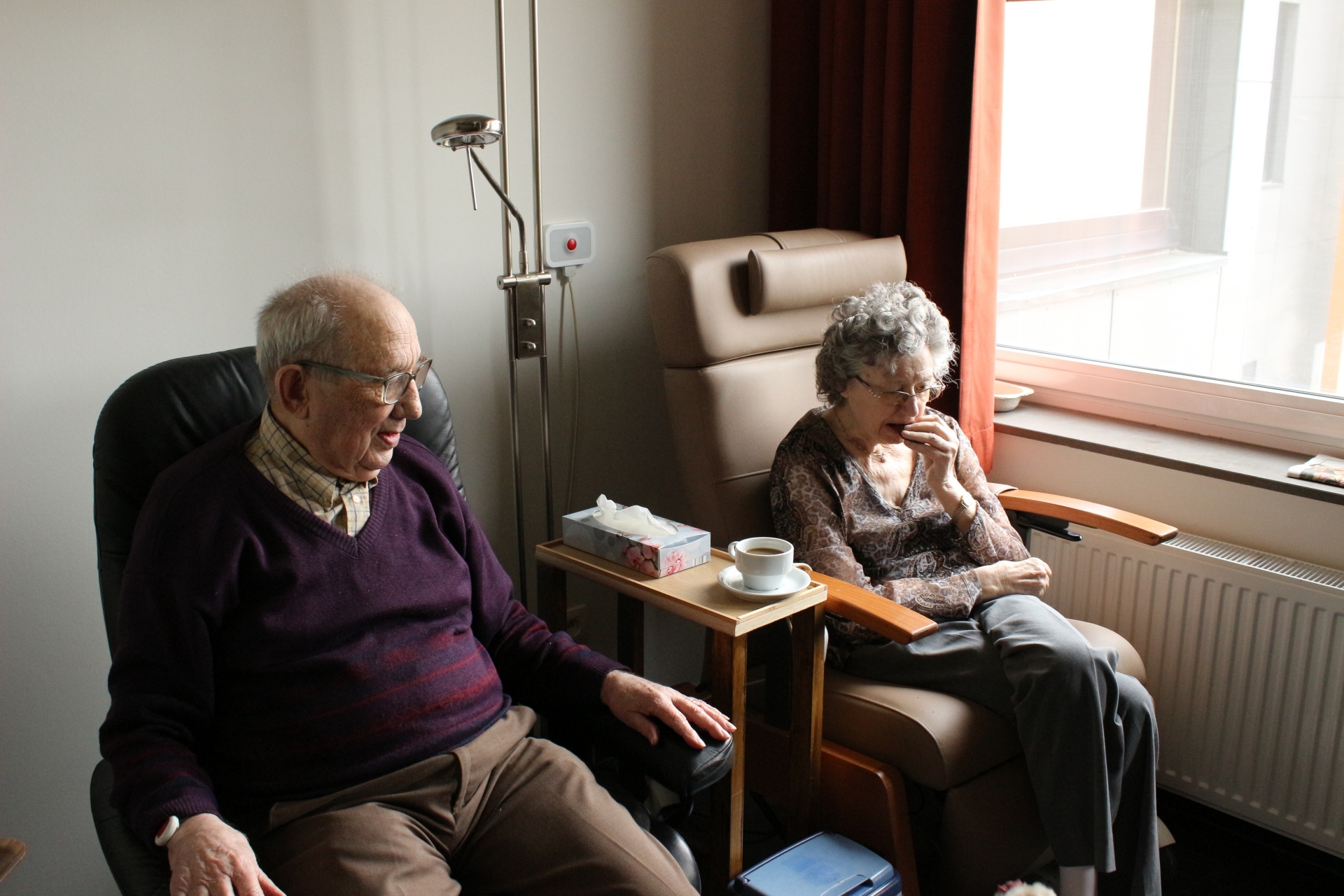Wir haben leider kein passendes Ergebnis gefunden.
Ambient Assisted Living


Ambient Assisted Living – Fundamental UX Research
The majority of older people want to age in their own living environment and not in a nursing home. But more often than not, older people living at home alone are not able to cope with everyday life anymore without external help. This is where digitization promises a big potential, to give some sort of autonomity back to the older generation. To make sure that elderly users accept technological solutions, fundamental UX research is needed to ensure a positive user experience.
A lot of today‘s systems that are developed to assist the elderly, so called „Ambient Assisted Living (AAL)“ systems, are based on interesting and innovative ideas. Sensors that are integrated into the living environment and systems for automatic fall detection, light control or smart systems that switch off the stove automatically are only a few examples (see fig. 1).
During planning and development though, very few teams involve real users that will use these systems in the future or they just evaluate the finished systems with usability tests and hope that they have met real user needs. Strategic research during the innovation phase is missing more often than not. A better way is to use a triangulation of research methods to inform the innovation phase with real data of real users.
For my master‘s thesis around Ambient Assisted Living systems I could spot several issues through ethnographic resarch that are important to older people and serve as the data basis for the following part of this article.
In-depth interviews
Detailed in-depth interviews come in very handy to understand the goals, opinions, anxieties or the general feeling of elderly people. Important areas of people’s lifes can be captured and used to inform the development of new Ambient Assisted Living systems.
Possible insights |
Possible design implications |
Often isolation through loss of social contacts
|
Promotion of social exchange through digital eventplanner for neighbourhood |
Taking care of partner often strong emotional strain
|
Automatic monitoring of vital data to give caretaker more freedom |
Independence and self-determination as important goals
|
Prioritization of supporting tasks to keep independence |
Ethnographic studies
With ethnographic studies you can observe and interview people in their everyday life. The research team can capture the behaviour and needs of study participants in their real context of use and ask specific questions to avoid misunderstandings.
Possible observations |
Possible design implications |
Doorsteps in appartments are an obstacle for users of walking frames. |
Accessible living spaces as a precondition for an independent life |
Through pain in the shoulder high kitchen cabinets can’t be reached |
Electronically adjustable kitchen cabinets |
Through arthritis in the hands appartment keys and stove controls can’t be turned easily anymore |
Electronic entrance to the appartment/ voice control for stove |
Portable emergency call systems are often not worn on the body
|
Automatic calling of emergency through fall detection sensors |
Diary studies
On a personal and financial level it is not really possible to accompany study participants day and night. Especially in the very private environment of the personal appartment. Therefore diary studies are very helpful for studies that span over multiple days or weeks. The study participants can record their needs, experiences and problems on their own either through writing, voice memos or taking pictures or videos. This way the research team can gain deep insights into the participant’s daily routine that is related to the topic of the study. Subsequent to capturing the data the resarch team can discuss the records with the participant to avoid misunderstandings and to get more detailed answers if needed.
Possible diary entries |
Possible design implications |
„Had difficulties finding the light switch at night and fell on the ground.“ |
Automatic lights control after leaving the bed |
„Today I had toast with ham for lunch again.“ |
Ordering system for vitamin rich groceries |
„Today in the morning I unfortunately forgot to take my medicine.“ |
Auditive und visual reminders for taking medicine |
The value of early fundamental UX research
Fundamental research in the planning phase for new Ambient Assisted Living systems on the basis of real behaviour, problems and needs of future users makes sure that the ongoing development is heading in the right direction. Through this approach bad investments can be avoided because it is very hard and complicated to change already ongoing development processes. Only through research of the target users and their environments companies can make sure which solutions are accepted and which will ultimately fail in the market. Mere assumptions of the product team that are not backed by real data are not enough.
For more information about the usage and research of Ambient Assisted Living systems you can check out the SPHERE project, an AAL project around sensor technology of the University of Bristol.
